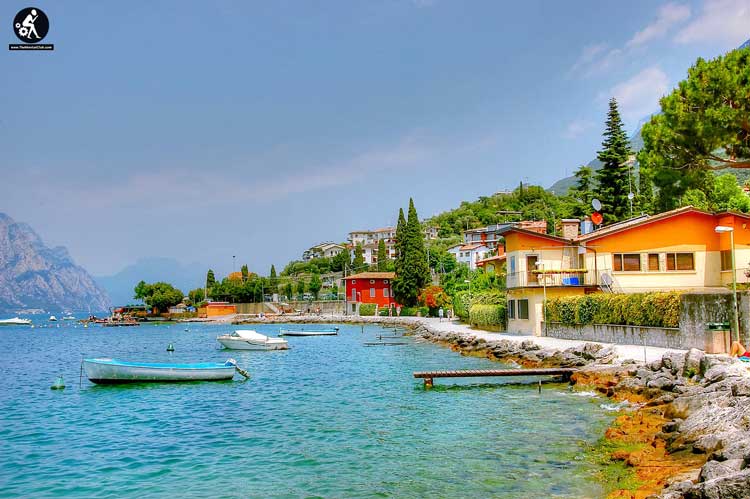Brazil, the Dominican Republic, Thailand, Portugal and Spain are just a few of the most popular countries when it comes to buying second homes, and many fall in love with their holiday homes and end up establishing their residence there. In countries such as Spain and Portugal, aspects such as great weather, a good public health system, and attractively priced real estate mean that families can ‘start afresh’ and pick up a language in destinations known for their international vibe, stunning views, and safety. If you are considering packing up and calling your dream destination home, what are a few of the biggest pros and cons to consider?

Reinventing Yourself
Moving to a holiday destination is an opportunity to start from scratch, with many experts choosing to embrace a new career or even start a new business. A move is challenging, but also a great opportunity to learn a new language, benefit from adaptation to an entirely new culture and gastronomy, and to live your passion. If you’re an avid reader then you may remember the best-selling book, Bridge to Terabithia. The main character’s parents, successful city slickers, decide to move to a rural town to embark upon a host of DIY projects and to live in a greener, outdoorsy area. As stated by real estate experts at texasland.com, a purchase strategy is necessary, and those looking to by land should always consider their needs, but in general, recent global events have fostered a deeper appreciation of nature and outdoor activities. Being able to make a living while living on a ranch or lake house, looking over lush greenery and serene bodies of water, has powerful effects on one’s mental and physical health, and the benefits of breathing in clean, pure air are invaluable.
Wading Through Bureaucracy
Arguably the most difficult thing about moving to a new country, is all the paperwork involved. Acquiring residency, obtaining key documentation and social security cards, and finding accountants and assessors to help you with everything from tax to setting up a business, can be time-consuming. It can help to budget in professional help from the outset so you can avoid line-ups and long waits. Sometimes, projects may need to be halted as you wait for licenses to be approved or for government bureaus to process your documentation. Many documents may also need to be legally translated – i.e. translated by a court-approved professional. You may also be asked for original documents such as birth and marriage certificates, so ensure you bring all your important documents in their original form.
Building A Network
You may read about the social challenges of moving abroad, but in fact, the length of time it takes to build a good circle of friends and a healthy professional network, does not have to be long at all. If, from the outset, you join community groups, local business networks, parents’ groups etc., you will probably have people to meet socially and professionally almost immediately. It is a good idea to head to zones where expat tend to congregate, as they will have many groups and organizations set up – everything from advice bureaus to sports groups and business networking groups.

Many people dream of one day leaving the hustle and bustle of big city life and settling down in a paradisiacal spot that is surrounded by nature but also offers good schooling and a plethora of cultural activities. Doing so can provide a fertile opportunity for you to reinvent yourself and dedicate yourself to something you have always been passionate about. It may take a few months of bureaucracy before you have all the documentation and legal advice you need, but trusting in well-reviewed professionals can help you feel more secure along the way.


































